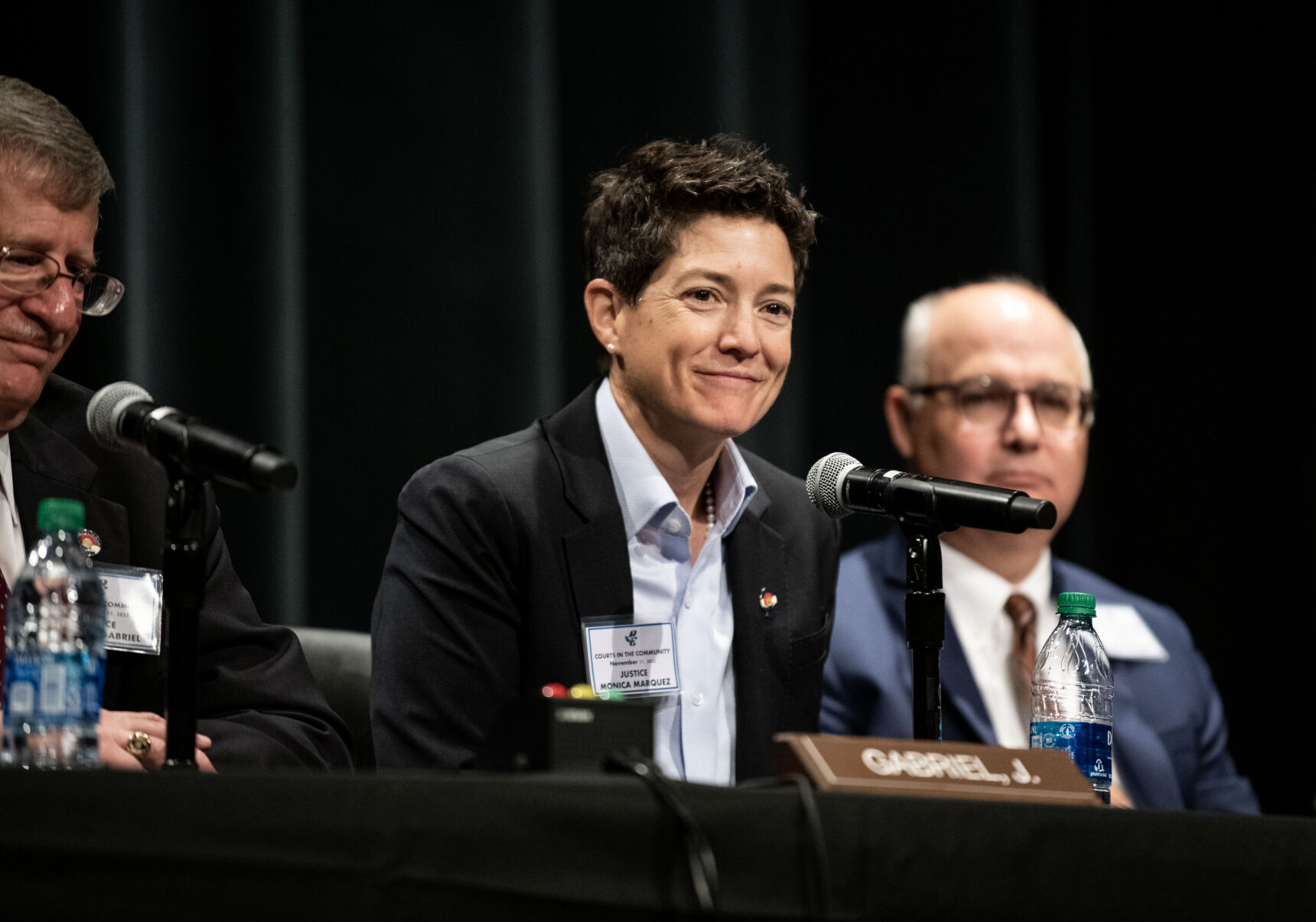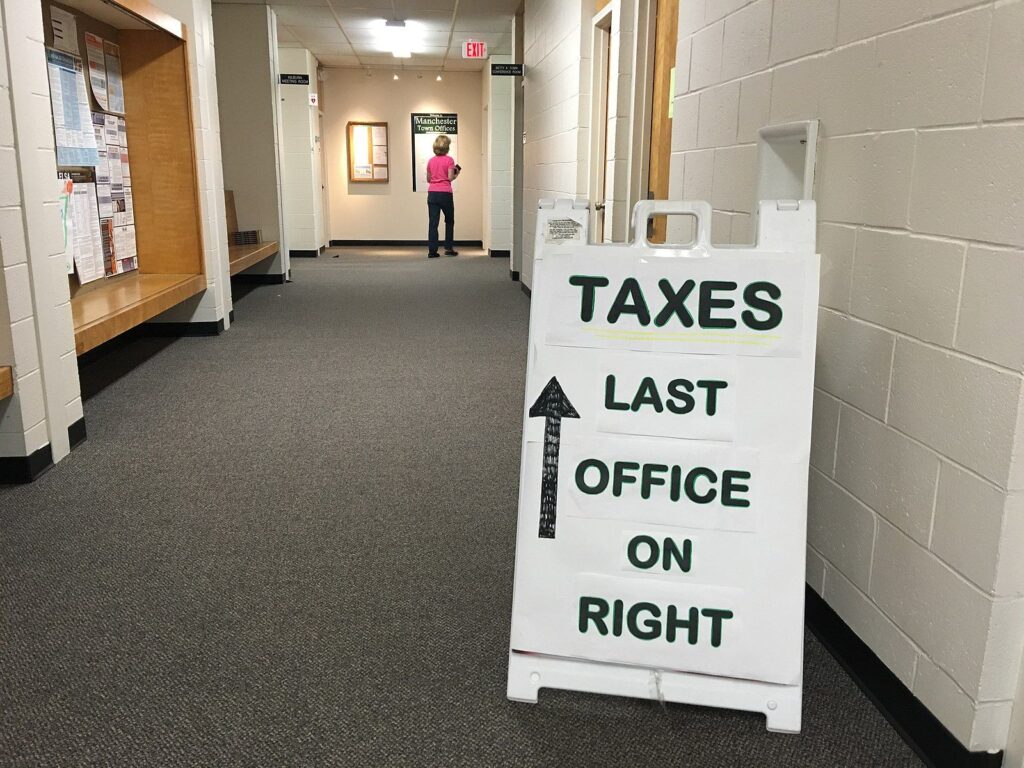Colorado GOP chides Republican officials, high court rules child sex abuse law is unconstitutional | WHAT YOU NEED TO KNOW

Today is June 21, 2023 and here’s what you need to know:
The Colorado Republican Party has denounced two GOP state lawmakers and two local officials for signing a letter last month that objected to Montana Republicans’ decision to ban a Democratic lawmaker from that state’s House floor.
The four reprimanded Republicans say they were defending the First Amendment rights of legislators to speak out – all the more important a point, they argue, because majority Democrats routinely silenced Republicans during the legislative session.
The Colorado GOP’s executive committee, however, contend in a resolution approved on Monday that the elected GOP officials were “helping radical Democrats to score political points by spreading lies against Montana House Republicans.”
In a lengthy resolution, the state party’s governing board said it “formally admonishes, rebukes, and reprimands” Republican state Reps. Ron Weinberg of Loveland and Rick Taggart of Grand Junction, Douglas County Commissioner Abe Laydon and Castle Pines Councilman Roger Hudson, who is also the Colorado House Republicans’ deputy chief of staff.
The Colorado Supreme Court slammed the door on Tuesday to victims who endured child sex abuse years or decades in the past, striking down a recent law that empowered survivors to sue their perpetrators and the institutions that harbored them.
The decision was a victory for organizations, such as the Catholic Church, public schools and other operators of youth programming, who will not face the financial burden of defending themselves from allegations of decades-old sexual misconduct against children.
In the court’s June 20 opinion, Justice Monica M. Márquez acknowledged the legitimate reasons why Colorado lawmakers enacted a three-year window to give survivors, whose civil claims for sexual abuse had long passed the legal deadline, a new opportunity to seek compensation for their injuries.
“We certainly understand the General Assembly’s desire to right the wrongs of past decades by permitting such victims to hold abusers and their enablers accountable,” she wrote. “But the General Assembly may accomplish its ends only through constitutional means.”
Colorado was among the 26 states and three territories to enact a “lookback window,” benefitting those who experienced abuse as children from 1960 onward. Until recently, Colorado victims generally had six years from the time they turned 18 to sue their perpetrator and two years to file suit against an organization that employed or supervised the perpetrator. The General Assembly created the lookback window in 2021 to permit survivors to get around those statutes of limitations and bring a claim regardless of when the abuse occurred.
The purpose of lookback windows is to allow those who did not disclose their abuse until later in life to seek vindication, while also helping to identify perpetrators who still hold positions of trust over children.
However, Colorado’s constitution prohibits any law that is “retrospective in its operation” – amounting to an unfair change in the rules after the fact.
A strong snowpack and a wet spring across Colorado have largely ended years of drought, bringing to life hillsides across the state with grass and wildflowers and recharging reservoirs that had dropped radically.
Seth Withrow, Sport Fish Colorado owner, watched the recovery at the Blue Mesa Reservoir west of Gunnison where levels dropped to record lows last year, forcing the Elk Creek Marina to close.
“It was getting pretty scary,” he said.
But in recent months, lake levels have risen over 60 feet, he is fishing areas that were dry ground at the end of last season and the landscape is the greenest he has seen it in a long time, he said. The marina is also back open.
While TABOR refunds look set to grow, the most recent quarterly revenue forecast shows a marked contrast in what the Colorado legislature might have to spend versus what they had a year ago.
In fact, the state may already be in a hole, albeit a small one that budget-writers maintain is fixable.
The June forecast released on Tuesday by the General Assembly’s Joint Budget Committee is a kind of report card for budget-writers. It shows how well they did in writing the budget that starts on July 1, plus the latest data on revenue collections, with the first figures from the April 15 tax deadline for individual and corporate income taxes.
The June forecast also gives those budget-writers their first look at what could be available when they start working on the budget in the next legislative session.
TABOR revenue that exceeds what the state’s allowed to spend grew by another $1 billion, making total TABOR refunds to be paid in 2024 about $3.5 billion.
Those figures could see annual refunds for Colorado taxpayers grow from a projected estimated $650 for single filers and roughly $1,300 for joint filers to $850 for single filers and $1,700 for joint filers, depending on voters’ decisions on Proposition HH, the ballot measure that will go before the electorate in November, seeking to provide property tax relief by reducing TABOR refunds in the future.
Six individuals who circulated petitions last year for a congressional candidate are facing charges of forging signatures and attempting to influence election officials into putting the candidate on the Republican primary ballot in the 7th Congressional District, the Colorado Attorney General’s Office announced on Tuesday.
The Colorado Secretary of State’s Office referred the case after noticing an unusually high number of signatures in the petitions submitted by Carl Andersen did not match signatures in voter files, Attorney General Phil Weiser said in a news release.
The investigation found no wrongdoing on the part of Andersen or the petition-gathering firm he hired, Grassfire LLC, Weiser’s office said.
“Colorado’s best-in-class election system depends on individuals playing by the rules and acting with integrity. When candidates, their agents, or others in the process are deceitful and break the rules, they must be held accountable. We will continue to take such cases serious and take action when the evidence so warrants,” Weiser said in a statement.
Andersen, a Woodland Park construction company owner and first-time candidate, attempted to petition onto the 2022 GOP primary ballot in the Jefferson County-based congressional district, but Secretary of State Jena Griswold determined he failed to submit a sufficient number of valid signatures from fellow registered Republicans.
According to election officials, more than three-quarters of the 4,462 signatures his campaign turned in were rejected, leaving the candidate 455 signatures short of the required 1,500 valid signatures. Andersen’s campaign also unsuccessfully sued Griswold to reverse the ruling.














